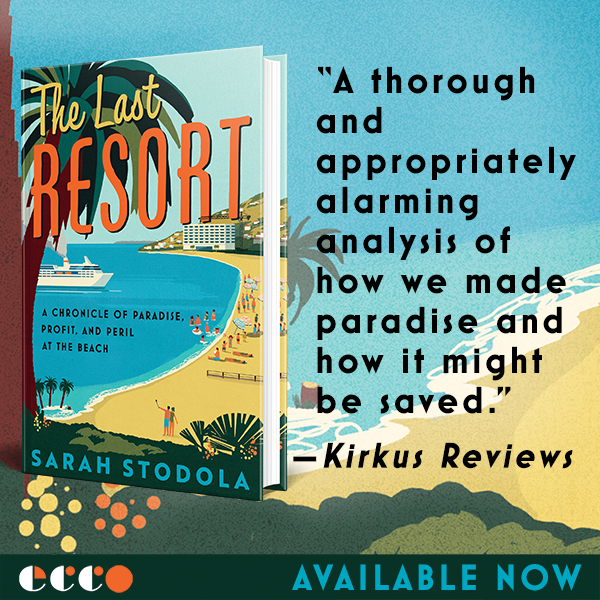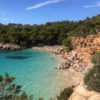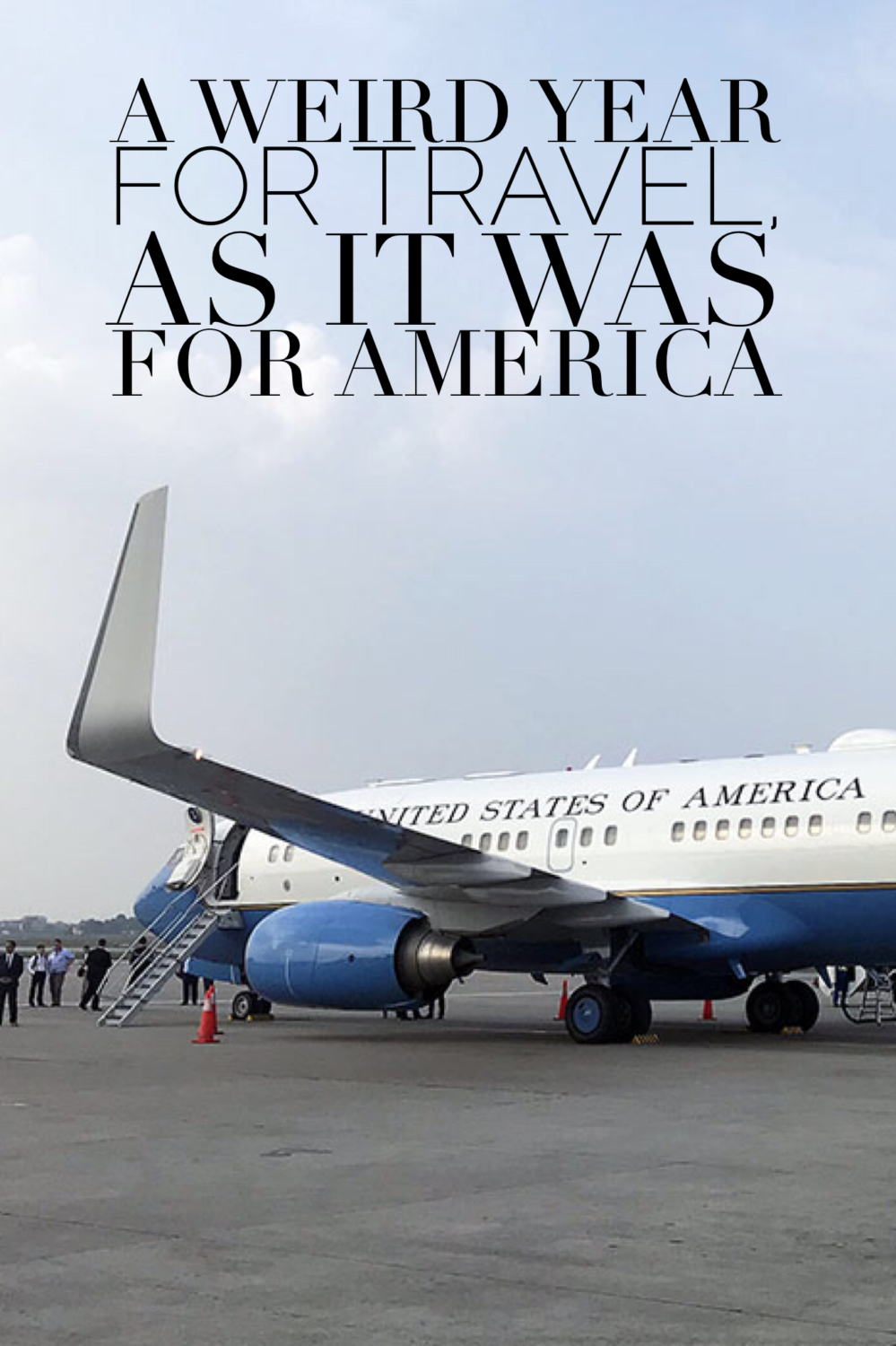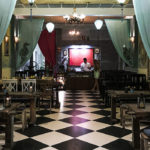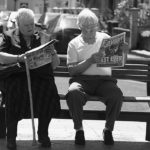It’s been a bizarre year for travel here in America. People who shouldn’t have been banned from entering the United States were, Americans grew more cautious about venturing to other countries. “Travel Ban” became a contentious phrase. Laptops were banned, phones were searched. All in the name of countering dangers that haven’t done nearly the damage to our country that our homegrown ones have.
The new reality has produced a reluctance on the part of foreigners to come here. After a string of natural disasters and in the wake of mass shootings in Orlando and Las Vegas, other nations created or heightened advisories for travel to the United States. Germany, for example, now warns of increased political unrest and advises its citizens to proceed with caution especially in urban areas of the U.S. Anecdotally, I’ve heard citizens of our closest allies decline to travel here as a form of political protest. Most infamously, a week after taking office Trump ordered what has come to be known as the Travel Ban, a move with clear ethnocentric undertones aimed at stopping travel from seven Muslim-majority countries to the United States. The third version of the ban continues to make its way through the courts.
The general situation in the U.S. has had a perhaps intended effect. In the first quarter of 2017, the most recent period for which data is available, foreign tourism to the U.S. dropped more than 4 percent compared with the same period a year earlier. This translates to a loss of $2.7 billion for the tourism industry here–with 75 percent of the year still to be accounted for.
This effect has not been limited to foreigners. For US. citizens, coming home to our own country became a fraught affair, as even one five-year-old American-born boy found himself detained at immigration, and as many of us feared having our cell phones and laptops unlawfully searched.
Meanwhile, traveling within our own country became a more hazardous proposition, as well. We watched video of a 69-year-old man beaten and dragged from a domestic United flight for refusing to give up the seat he had rightfully purchased. We watched people on vacation in Vegas gunned down at a concert with an automatic weapon that no citizen has reason to own.
We haven’t stopped traveling , though–international trips from the U.S. are expected to increase this year–and I counted myself among those who couldn’t wait for a respite from the tense political environment at home that I can never seem to look away from.
It was just my luck, then, that during a layover in Hanoi in November, I took a shuttle bus out onto the tarmac to board my plane to find that just next to mine sat another emblazoned with THE UNITED STATES OF AMERICA. It was Trump’s plane. I made jokes on social media about trying to run away from my problems. I got on my flight. I wondered what the world’s most incurious man thought about in Vietnam when he wasn’t allowed to be stationed in front of his television.
Speaking of presidents in Hanoi, last night during a television binge of my own, I watched Anthony Bourdain sit down to a humble beer and meal in the Vietnamese capitol with Barack Obama. Filmed while he was still president, before Trump was elected as the next one but with the prospect well on the table, the two men talked about food, mostly. Obama talked about his childhood years spent in Jakarta, and he shows a curiosity about the culture surrounding him, which shouldn’t be notable but as we exist in the present, is. I juxtapose this with the man who has stayed in his wife’s home country of Slovenia for less than four hours total, ever. Not even love, or whatever surrogate of it that exists between those two, could inspire in him a curiosity about the greater world. Knowing this, watching Obama eat soup in Vietnam only makes me feel sad.
On a train from Penang, in Malaysia, to Kuala Lumpur, I ended up seated next to a retired English professor. We talked for three straight hours, which inevitably led to the topic of Donald Trump. Did you vote for him? he asked me. Definitely not, I answered, accompanied by the snide chuckle that always escapes me when confronted with that question. I asked him if people cared much about the new U.S. president in Malaysia. They do, he said, because when America sneezes, we catch a cold.
In Singapore, I’d been looking forward to a swim in the famous infinity pool 57 stories up in the air, on the roof of the Marina Bay Sands. Then I learned that it’s owned by the Trump campaign’s single largest donor and staying away became moral necessity. (Of the Trump Hotels themselves, I’m proud to say I’ve never stepped foot in one.)
America is everywhere, in its way. This year, that has meant that no matter where I go in the world, whether a tarmac in Hanoi or a train in Malaysia or on my couch in front of the television, I can’t escape the specter of Trump. This causes me a daily sense of angst. Daily is not the right word—can something that is perpetual be said to happen daily? It’s an angst that feels stronger for the knowledge that it is shared on a national scale.
I launched Flung, a publication focused on travel, not to espouse the joys of journeying, but because travel, like everything else, has the potential for both good and harm; because some people derive positive benefits from it, while others use it as mere conspicuous consumption, and because I find diving deeper into these truths worthwhile. I’m a travel skeptic who launched a travel publication, in the end.
Yet, the decidedly not-fun funhouse rise of Donald Trump, while it put a damper on travel from so many directions, also gave rise to a new appreciation for it, at least for me. One of the most beautiful benefits of American citizenship is the ability to freely travel the world. No one asked me more than a harmless question or two as I entered, this year, Nicaragua, Singapore, Indonesia, Malaysia, Laos, Vietnam, France, and the UK. (The Swiss were a bit more inquisitive, for like two minutes.) In most cases, words were not even exchanged, passports simply stamped and I went on my way.
For us American citizens, travel only ever means to something exciting, never from something horrendous. This year, I’ve grown more loathe to complain about the mores of privileged travel in the context of how lucky I am to be able to be able to engage in it. Despite my lived experience up to now, I can conjure for the first time a scenario in which that won’t always be the case. Travel, curiosity, engaging with the unfamiliar–as 2017 draws to a close, these remain key ways to combat a emboldened, narrow-minded strain of Americanism that would have us know nothing else.




